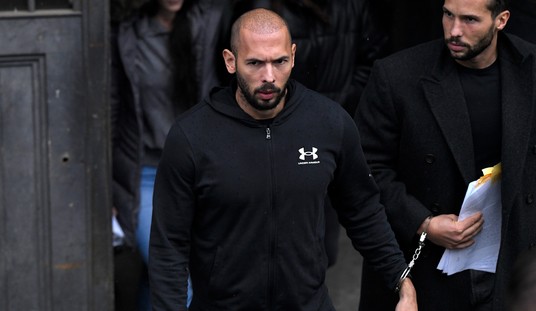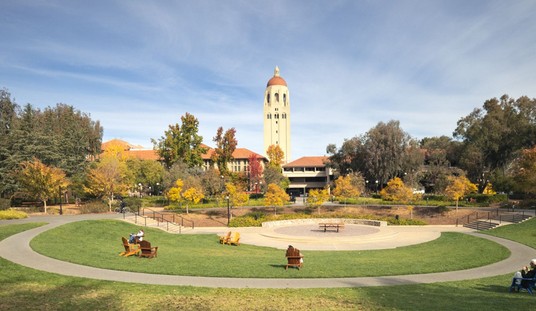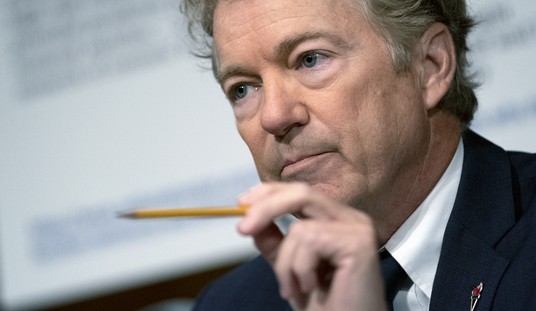Should the federal government fund the development and installation of surveillance equipment in municipal mass-transit systems? Josh Peterson at the Daily Caller reports on DHS grants going to cities to allow them to “eavesdrop on bus ride conversations,” but the only real issue I see here is a question of federalism and budget deficits:
The federal government is funding upgrades to public-transit surveillance systems, augmenting existing video surveillance capabilities on city buses across the U.S. with audio-recording equipment.
The effort is part of a high-tech expansion of law enforcement capabilities, further eroding expectations of privacy.
“In San Francisco, the Department of Homeland Security is funding the entire cost with a grant,” The Daily reported Monday, stating that the federal government is providing some assistance to other cities.
“Officials in Concord, N.C., for example, used part of a $1.2 million economic stimulus grant to install a combined audio and video surveillance system on public transit vehicles, records show,” reported The Daily.
In order to get outraged by this, one would have to assume that there is an expectation of privacy on a city bus. The only way one could make this assumption is to never have ridden on a city bus in one’s entire life. Not only are conversations not private, you spend most of the time wishing that people would quit making their conversations so public. Whether it’s in-person ranting or cell phone calls that reveal far too much personal information, it’s pretty clear that few seem to mind discussing practically anything with anyone on mass transit.
The technology to do this is hardly new, by the way. I haven’t worked in the retail security industry for several years now, but it was old hat even then. There were legal considerations for our retail customers about recording audio along with video in states with tricky wiretapping laws, but most of those concerns came from an abundance of caution rather than actual legal restrictions (in other words, they preferred to avoid lawsuits rather than being forced to win them). Generally speaking, courts don’t give much presumption of privacy in conversations held in the public square.
It’s clear why DHS would be interested in this technology for mass transit. The Madrid and London transit bombings by al-Qaeda certainly give impetus to providing extra security — although in this case, it would be more valuable as an investigative tool after the fact than an intervention tool to stop one. Still, this technology is hardly so cost-prohibitive that it requires federal intervention to accomplish, and the funding for it should come from those specific communities.
Update: Forbes’ Kashmir Hill noted yesterday that these systems have been around for five years. And, as I figured, their value is entirely in after-the-fact investigations and perhaps some deterrence.
Update II: Let’s remember that these transit systems are owned and operated by the same governments that put surveillance systems in them. They have more of an ownership position in this case than on “city streets.” One can choose not to ride city buses and light rail if the surveillance systems offend them, and find their own means to travel. No one is forced to ride municipal transit, although everyone is forced to pay for it.








Join the conversation as a VIP Member